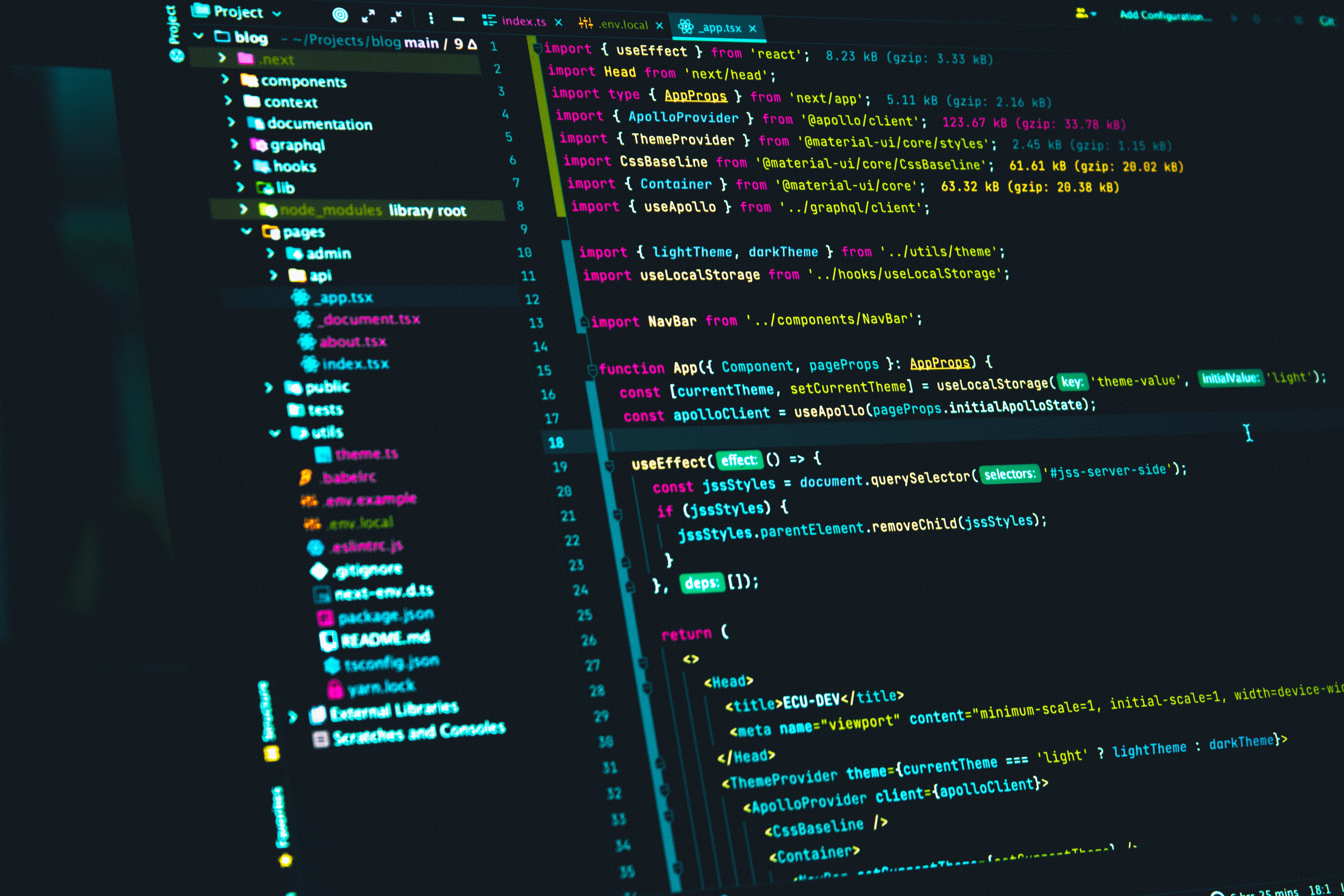The React library is heralded as being the most popular and most widely used library among the available JavaScript libraries.
It’s growing momentum is perhaps down to its simple and declarative API which produces high-performing applications. If you are looking to build a robust web application, chances are that React may be a good fit for you.
Companies such as Airbnb, Facebook, Uber Eats, and Instagram are just a handful of household names to use ReactJS. These tech leaders are organisations that must prioritise efficiency and performance. And where the giants tread, others will follow. Large cohorts of SMEs and start-ups are also realising the benefits ReactJS holds for their digital offering.
With its popularity in mind, vast numbers of ReactJS developers are being hired every day by companies of every shape and size and from every sector.
If you are looking to work with ReactJS and are busy preparing for a ReactJS interview, we can help. Here are 5 interview questions you need to have the answers to.

The top 5 React job interview questions.
1. “What is React JS, and how does it differ from other JavaScript frameworks?”
This is probably one of the most asked questions. Your interviewer will want to hear an informed opinion about what React JS is, and your thoughts about any competing alternatives. Your interviewer is looking to examine your knowledge about the entire JavaScript ecosystem, while also pressing for specifics on what makes React different from others.
In the second half of this question, it is expected that your answer will be based upon your experience of using several other frameworks. As this answer shall be unique to each candidate, you should think about all your previous experience and formulate your response accordingly.
2. “What do you know about JSX?”
JSX is a shorthand term for JavaScript XML. It is a syntax extension of JavaScript and allows the developer to write HTML in React. This makes the HTML file easy to comprehend. It is simple to create a template using JSX in React, but it is not itself a template language; it comes with the full power of JavaScript. It makes applications robust and boosts their performance.
For extra points, why not provide a snippet of sample code for your interviewer?

3. “What is Redux, and could you give us an implementation of it?”
Redux is a library that is complimentary to React, so it’s important to be able to have a good depth of knowledge of it for your interview.
Points of interest that you may wish to include in your answer may be.
- Dan Abramov and Andrew Clark designed Redux, which was published in 2015.
- Redux is a lightweight state management tool used for JavaScript applications.
- Redux is a standard data store used for JavaScript and React applications.
- The popularity of Redux stems from the design concept’s simplicity and the fact that it is reasonably easy to apply.

4. “What are React components? What is a state in React?”
When using React, everything comes down to components. Components are the construction blocks of a React application’s UI. These components split up the entire UI into several small, independent, and reusable pieces. Each of these components are then rendered independent of each other, without affecting the rest of the UI.
Regarding the second part of the question, States are the heart of React components. They are the source of the data and must be kept as simple as possible. States are the objects which determine components rendering and behaviour. Unlike the props, states are mutable and create dynamic and interactive components.
5. “What are stateless components?”
Stateless components are also known as Functional components and are just a plain JavaScript function that takes props as an argument and returns a react element.
A stateless component has no state, which means you can’t reach `this.state` inside it. It also has no lifecycle so you can’t use componentDidMount and other hooks.

Takeaways.
These are just 5 of the possible questions you could be asked at your ReactJS interview. And depending on the stage you are at in your career, you should prepare for the job you are interviewing for. For entry of junior level jobs, your interviewer will expect less of a real world application response. If it is a senior role interview you are attending you will need to demonstrate a greater depth of knowledge and practical use application.
Remember that you should always try to back up factual statements with your own commercial experience. Think about situations in which you have used ReactJS previously and how it compares to other JavaScript libraries you may have used. Where possible, use the whiteboard to offer a practical use case example of your answer. It is more than likely you will be able to convey a deeper understanding of React’s applications and your own practical ability this way.
Good Luck.
Are you a JavaScript or React developer looking for a new opportunity? We would love a chat about how we can help you find your next career defining role. Why not have a browse through our tech jobs here, and if you see something you fancy reach out to our expert team today!





